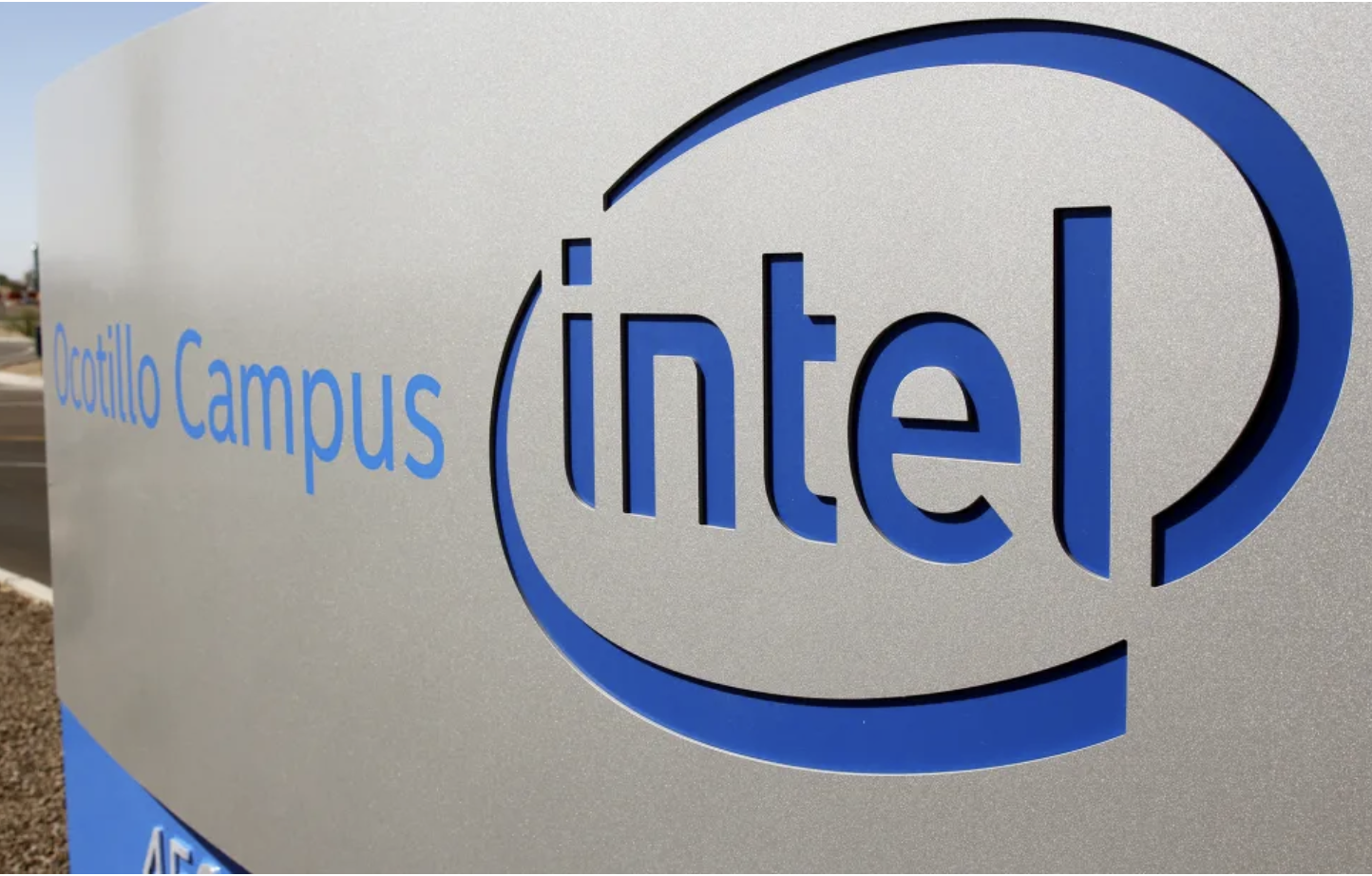By: Paul Winfree – nationalreview.com –
America’s economic strength has never come from Washington’s ability to pick stocks.
The Trump administration’s deal to purchase shares of Intel opens the door for systemic economic corruption.
The Trump administration’s proposal to take a 10 percent equity stake in Intel in exchange for government grants fundamentally misunderstands what makes America an economic superpower. The real danger is not that taxpayers could lose money on Intel’s stock. It is that Washington will lock itself into a pattern of even more political favoritism than already exists.
The economic rationale behind the grants in question was that America faced a market failure in semiconductor manufacturing. Private investors faced massive upfront costs and uncertain returns while competing against heavily subsidized foreign rivals. As a result, they largely abandoned domestic chip production, leading to U.S. reliance on foreign production for a critical technology used in everything from cars and smartphones to fighter jets and precision-guided military weapons.
But taking an equity stake in one company is far afield from boosting an entire industry sector. It converts the legitimate provision of public goods into the distribution of selective rents, where government power creates winners and losers. That dynamic has consistently failed throughout history, because it is unfair and seeds systemic corruption. Businesses tilt toward securing government backing rather than serving customers, and growth slows as inefficiencies compound.
The administration’s argument sounds superficially appealing. If taxpayers fund these investments, shouldn’t they share in the profits? But Americans already capture the returns through stronger supply chains and enhanced national security. Those benefits dwarf any gains from owning Intel stock. Consider these numbers. The 2021 chip shortage purportedly cost the U.S. economy an estimated $240 billion. Reducing the probability of such disruptions by even a few percentage points creates more value than Washington could ever hope to gain by holding shares in a single company.
Once the federal government has a stake in Intel, the temptation to protect that investment through favorable regulation, procurement, or bailouts will only grow. That path leads toward corruption of the subtle, structural kind that operates not through envelopes of cash but through persistent misallocation of resources and privileges embedded in policy.
Economic history provides blunt warnings. Japan’s zombie companies in the 1990s survived because political and financial elites propped them up, distorting competition and locking labor and capital into failing enterprises. China’s state-owned behemoths today deliver short-term growth but carry unsustainable debt and suffocate private investment.
Both experiences demonstrate how the interweaving of the state with private companies eventually entrenches inefficiency and slows economic growth. They also demonstrate how industry can fall into a pattern of producing subpar goods that no longer have to be high quality to compete. America risks importing the same malaise under the guise of national security.
If Intel, why not Ford to secure automotive supply chains? Why not Boeing to maintain aerospace dominance? Why not Pfizer to guarantee pharmaceutical security? Soon, strategic importance becomes a political claim, and the federal government owns slices of entire industries.
One of the great drivers of America’s first “Golden Age” in the 19th century was the opening of enterprise itself. As barriers to entry fell, entrepreneurs gained unprecedented freedom to start firms, compete, and scale. From railroads to steel to the telegraph, innovation flourished not because government owned the means of production, but because institutions created space for risk-taking and competition. This open system of enterprise laid the foundation for America to move from a frontier economy to an industrial powerhouse within a single century.
Congress authorized semiconductor grant programs to make America’s technological base more resilient, not to turn the Department of Commerce into an investment fund. The Trump administration should continue its focus on regulatory reform and a more favorable economic environment for Intel — and all U.S. businesses — to succeed or fail on merit.
America’s economic strength has never come from Washington’s ability to pick stocks. It has come from creating institutions that channel private innovation and allow markets to reward efficiency and ingenuity. Taking equity stakes abandons these principles for the false promise of short-term financial returns. The real test of American capitalism is not whether government can extract a dividend from Intel, but whether it can preserve a system where growth is driven by open competition and innovation rather than political connections.
To see this article in its entirety and to subscribe to others like it, please choose to read more.
Source: Trump Administration’s Intel Deal Opens Door to Systemic Economic Corruption | National Review
 Listen Online
Listen Online Watch Online
Watch Online Find a Station in Your Area
Find a Station in Your Area









 Listen Now
Listen Now Watch Online
Watch Online
